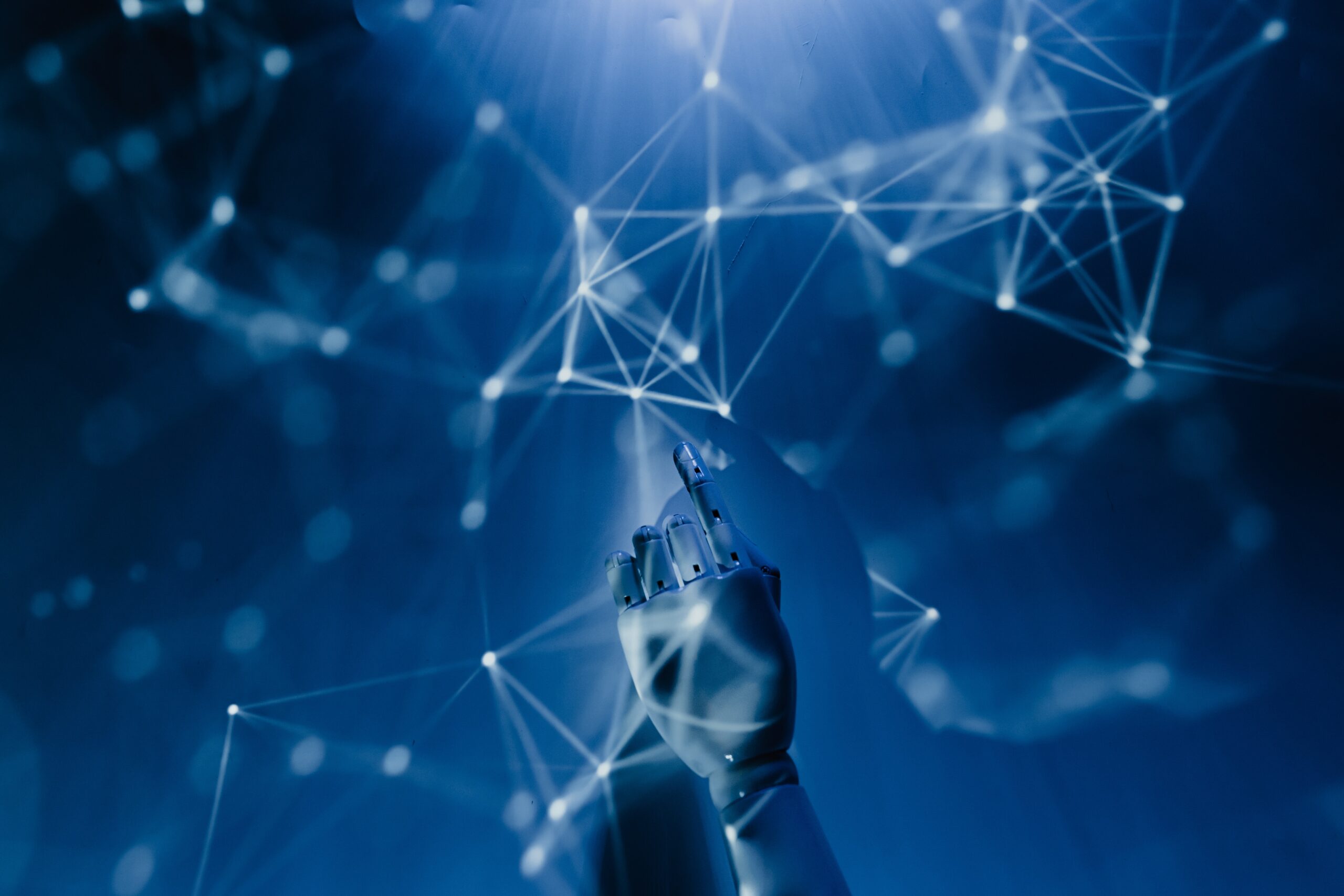
The Future of Artificial Intelligence, Opportunities and Challenges
Artificial intelligence is a rapidly growing field that has the potential to revolutionize many aspects of our lives. From healthcare and transportation to finance and education, AI is already being used to improve efficiency, accuracy, and decision-making. However, as technology advances, it also poses new challenges and raises important ethical and societal questions
In this blog post, we will explore some of the opportunities and challenges that the future of AI holds.
Opportunities:
- Healthcare: AI has the potential to revolutionize healthcare by providing more accurate diagnoses, personalized treatment plans, and improved patient outcomes. For example, AI-powered diagnostic tools can analyze medical images, such as X-rays and MRI scans, and identify potential diseases or abnormalities more accurately than human radiologists. Additionally, AI can be used to analyze patient data, such as medical history and lab results, to predict future health risks and develop personalized treatment plans.
Also read: 10 WAYS TO EFFECTIVE GOAL SETTING

- Transportation: AI is already being used to improve transportation safety and efficiency. Self-driving cars, for example, have the potential to significantly reduce the number of car accidents caused by human error. Additionally, AI-powered traffic management systems can optimize traffic flow, reducing congestion and travel times.
- Finance: AI has the potential to revolutionize the finance industry by providing more accurate predictions, fraud detection, and improved customer service. For example, AI can be used to analyze financial data to identify patterns and trends that could indicate fraudulent activity. Additionally, AI can be used to personalize financial products and services, such as investment portfolios, to better meet the needs of individual customers.
- Education: AI can be used to personalize education, adapt to students’ learning styles, and provide more accurate assessments of student progress. For example, AI-powered tutors can analyze student performance data and adjust the learning material and teaching methods to meet the student’s needs. Additionally, AI can be used to analyze student performance data, such as test scores and writing samples, to provide more accurate assessments of student progress.
Challenges:
- Job Loss: One of the most significant challenges of AI is the potential for job loss. As machines become more capable of performing tasks that were previously done by humans, there is a risk that many jobs will become automated. This could lead to widespread unemployment and inequality, and it’s important for society to consider how to mitigate these risks.
- Ethical and Legal Issues: As AI becomes more sophisticated, it raises important ethical and legal questions. For example, how can we ensure that AI systems are fair and unbiased, and how can we hold AI systems accountable when they make mistakes? Additionally, as AI becomes more integrated into society, it raises important questions about privacy and security.
- Societal Impact: AI has the potential to significantly impact society in ways that we can’t yet predict. For example, as machines become more capable of performing tasks that were previously done by humans, there is a risk that many jobs will become automated. This could lead to widespread unemployment and inequality, and it’s important for society to consider how to mitigate these risks. Additionally, as AI becomes more integrated into society, it raises important questions about privacy and security.

In conclusion, AI has the potential to revolutionize many aspects of our lives and bring about significant improvements in healthcare, transportation, finance, and education. However, as technology advances, it also poses new challenges and raises important ethical and societal questions. It’s important for society to consider how to mitigate the risks of job loss, ensure fair and unbiased AI systems, and address the broader societal impact of AI. The future of AI is not just about the technology itself, but also how we as a society choose to use it, and it’s important to make sure that we use it for the betterment of humanity.
Watch this Amazing video of fun facts about Wombat
Follow us on social media or subscribe to our newsletter.
Share your outstanding story with our editors! Please reach us at info@houseofaproko.com Read More Website: www.houseofaproko.com









[…] The Future of Artificial Intelligence, Opportunities and Challenges […]
[…] The Future of Artificial Intelligence, Opportunities and Challenges […]